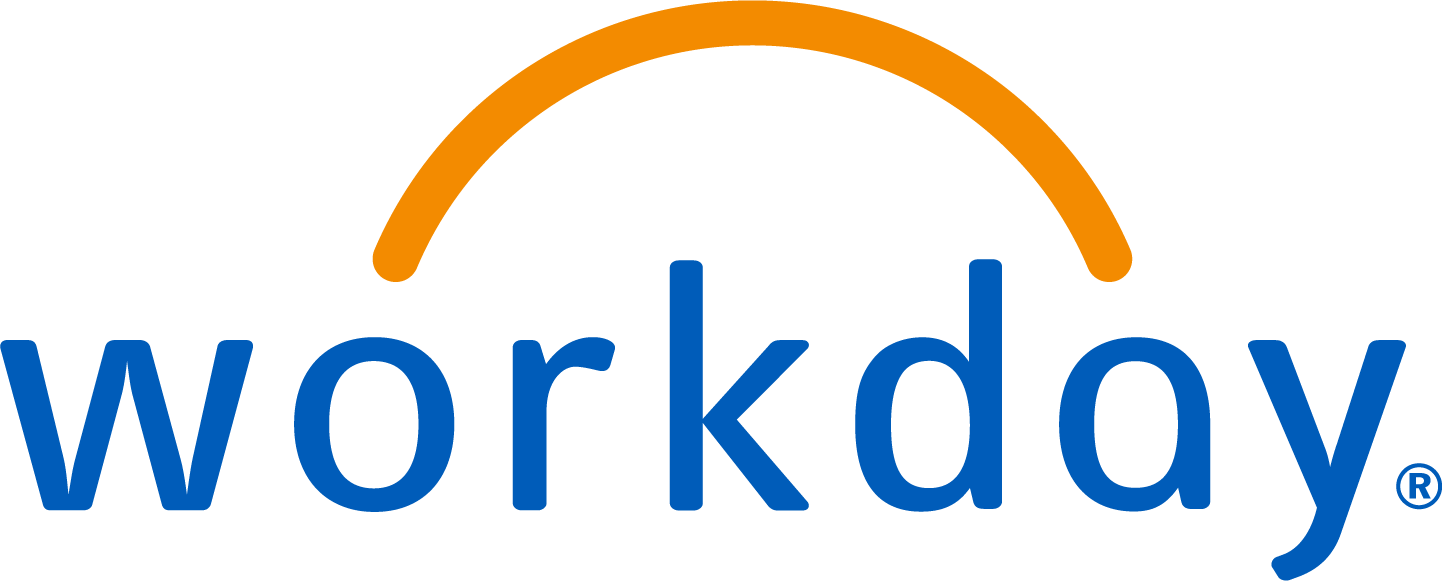The CFO has morphed into a crucial, fast-paced role driving business strategy and performance.
The traditional role of chief financial officers and their finance teams, orchestrated by the digital revolution, has changed forever.
Instead of poring over spreadsheets and providing monthly reporting, finance teams are now expected to produce timely actuals and forecasts, even on a daily basis.
“In this ever-changing word, the leadership teams and boards (of companies) need accurate information at their fingertips to make faster, intelligent decisions. This means introducing real time data,” says Marise Maltman, Asia Pacific and Japan Office of the CFO Leader at Workday.
“There’s no scope in business to do manual intervention before reporting. That takes longer to come up with the answers. When things are happening fast, like the impact of Covid or the Ukraine war, chief executives can’t wait for information such as how revenue is tracking, do we have enough working capital and what should the workforce look like.”
Maltman says the chief financial officer has become the ‘chief insights officer’, bringing actuals on how the business is doing compared with the budget and looking at forecasts, such as ‘if we continue on this trajectory, then this is where we land’.
“Machine learning (ML) and artificial intelligence (AI) improves the delivery of finance and automates what was previously done manually,” Maltman says. “It has augmented jobs,not taken them away. Once the information is extracted, it requires humans to provide the right answers and insights.
“You don’t want to bring in clever graduates to work on spreadsheets; you want them to interpret the results. In today’s fast-paced business landscape, you need to focus on continuous business improvement and agility and upskill the (finance) team so they know what to do with the information and augment the AI resource.”
Maltman says chief financial officers nowadays face numerous challenges from navigating an ever-changing economic environment and redefining their workplaces to leverage digital enablement and AI: “As key decision-makers and business enablers, they play a crucial role in driving business strategy and performance.”
Maltman says despite ongoing uncertainties, a recent global study by The CFO Alliance in conjunction with Workday, showed optimism among chief financial officers and their continued investment in skills and technology.
She says AI and ML are key enablers for finance teams, for instance identifying potential anomaly detection in expense reports and eliminating inefficiencies by reviewing significant transactional volumes to identify trends and help predict potential outcomes.
One of the significant benefits of data-driven technologies in finance is the acceleration of decision-making processes using ML algorithms – which can analyse vast amounts of data in real-time and enable informed decisions quickly.
Maltman says this not only speeds up the decision-making process but also reduces the time required to “close books”, eliminating the manual process toil. AI and ML can also automate the processing of supplier invoices, reducing manual efforts and errors, and analyse historical data to provide intelligent recommendations for work tags, improving efficiency and accuracy.
The SEEK Group, a major online employment marketplace, recently installed Workday’s single-source software platform as part of its digital transformation. Lisa Tobin, SEEK Group Executive Technology, Leadership and Transformation, says the technology and finance departments rely heavily on accurate and timely data to make intelligent decisions.
She says it’s vital the departments are aligned to promote transparency and streamline communication. They need to be on the same page when it comes to data governance and integrity and use of data insights to drive financial performance.
Workday*, with more than 10,000 finance and human resources customers across 175 countries, has once again been named a leader in the 2023 Gartner Magic Quadrant for cloud-based enterprise resource planning (ERP) based on “completeness of vision and ability to executive.”
Gartner, an American technology research and consulting firm, said Workday delivered adaptable architecture that united service-centric organisations, bringing financial, worker and operational data together to deliver granular insight in a single system of record.
“With AI and ML embedded in this architecture, the applications intelligently augment workers by automating business and financial processes to help organisations work in new ways and realise the full potential of their most valuable asset – their people,” Gartner said.
Maltman says Workday simplifies and transforms the process of bringing key business data together in one place: “By combining operational data with financial and people (human resources) data in a single analytic platform, you have a trusted source of truth for your entire enterprise.”
Workday, established in 2005, has been operating in New Zealand since 2015 when it opened the Auckland office, which has become the biggest in Asia Pacific and Japan employing nearly 200 people. Workday also has an office in Wellington. Amongst Workday’s 70 customers in New Zealand are Fletcher Building, Mercury Energy, Southern Cross Medical Care Society and Barfoot & Thompson.
A developer team is based in Auckland, because of the availability of local talent, to support the development and launch of payroll for Australia. The Auckland operations also include the award-winning Security Operations Centre, one of three with Pleasanton (Californian headquarters) and Dublin (Ireland), working seamlessly to ‘follow the sun’ and provide 24/7 global security monitoring, detection and response capability for Workday’s services.
For more information visit workday.com

